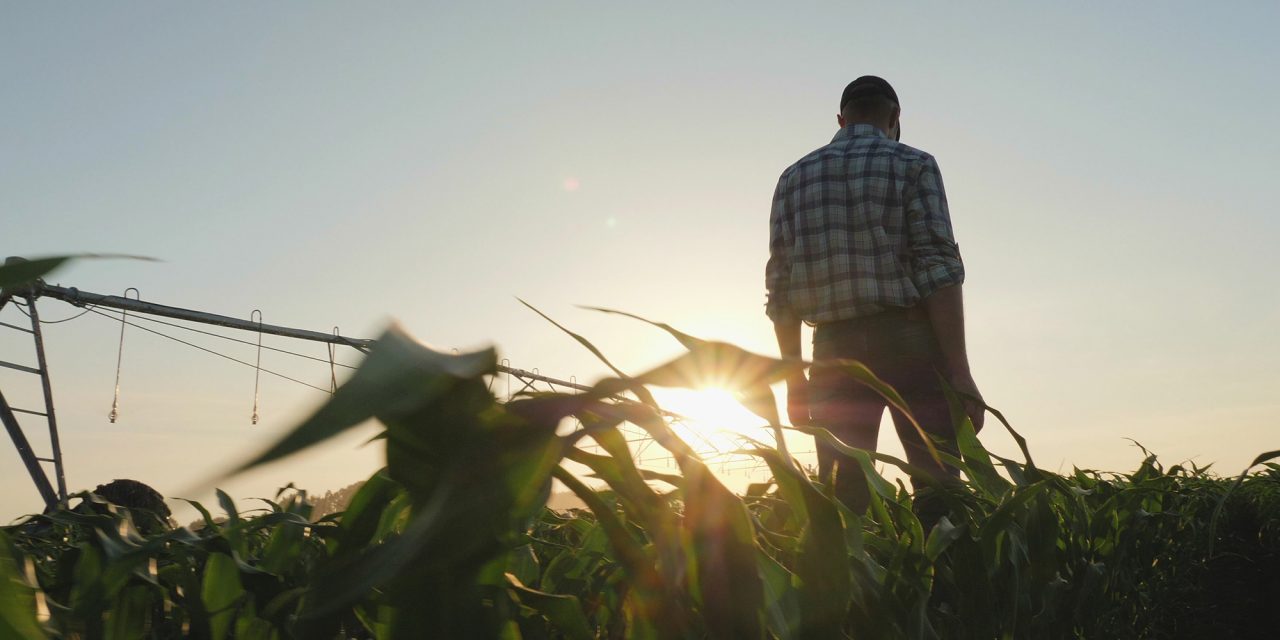Farmers and their families are generally fortunate to not live in the kinds of high-density areas that supercharge virus transmission. But the COVID-19 outbreak brings unique challenges to those involved in agriculture. Farming often requires lots of teamwork and interaction with salespeople and repair shops, which can increase virus exposure. On top of that, April is prime time for corn planting in Missouri, when the COVID-19 pandemic will be approaching its worst.
Almost all corn in the state is typically planted by mid-May. Farmers can’t hit pause and hold off until summer to plant, as there isn’t enough time for the crop to grow to maturity before harvest time. Livestock farmers still have animals to care for every day. Combined with the seven-year run of low prices, massive flooding from excess rain last year and the critical need to ensure a strong food supply, farmers have little option but to continue raising animals and get crops in the field.
Farmers can reduce the risk to themselves and their families while working on the farm. Experts at University of Missouri Extension shared some ideas with us about how to stay safe while farming.
Several farm workers often use the same equipment throughout the workday, like trucks, tractors, four-wheelers or forklifts. The best option is to reduce the number of people using each machine and assign one worker to each machine whenever possible. If equipment must be shared, sanitize points of contact like steering wheels, seats and gas tank covers between uses.
Make it easier for workers to wash their hands throughout the day, setting up plenty of hand washing stations with soap and paper towels. The CDC says that hand sanitizer does not work on greasy, dirty hands. Soap and water work much better on the farm.
Contact with people from off the farm is one of the easiest entry points to be exposed to a virus. The NIH says the COVID-19 virus can survive up to 24 hours on cardboard and up to three days on plastic and stainless steel. It is important to have a plan for handling shipments arriving on the farm. Ask delivery people not to use your equipment to unload products and minimize the number of people involved. Sanitize newly-arrived items when possible and wash your hands after working with them.
When running in to town to pick up a part, call ahead to see if what you need is in stock. Many dealers will let you pay over the phone and pick your order up outside the store – like the curbside service most restaurants are doing now. This might feel awkward, but physical interaction with other people is one of the easiest ways to catch the virus. Doing as much work by phone as possible will reduce your exposure and keep you and your family healthy.
Often children or grandchildren have more contact with people off the farm than the farmer himself or herself. Discourage ride-alongs in tractor cabs and trucks, as this can pass the virus between generations. Talk with family and workers about the procedures you’re putting in place, and set an example that you take the virus seriously.
Pay attention to the stress you and others are going through. The compounding pressures may be too much for some to bear. Often a check-in phone call from a friend or neighbor can go a long way to helping someone not feel alone.
We will get through this crisis, but it will require us all changing our habits and becoming more careful about what we do. Farmers and ranchers will continue to feed America, but we need to remain healthy ourselves while doing so.


